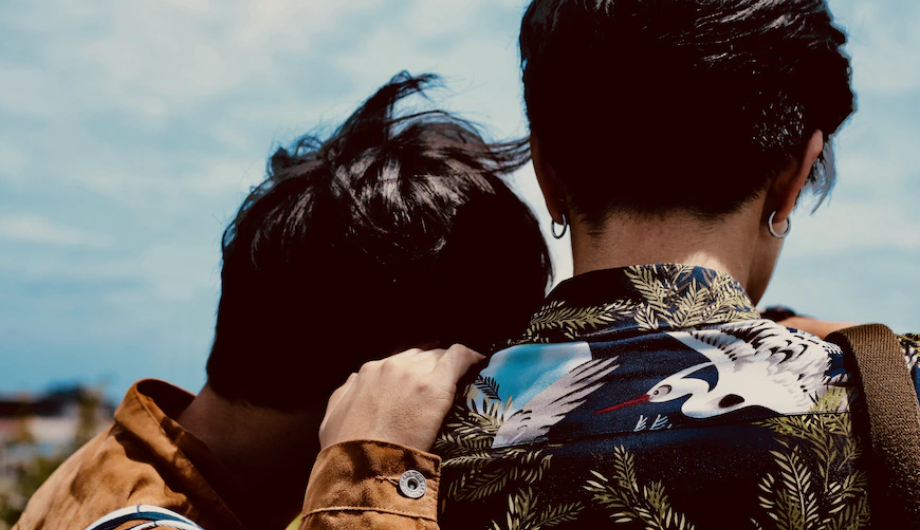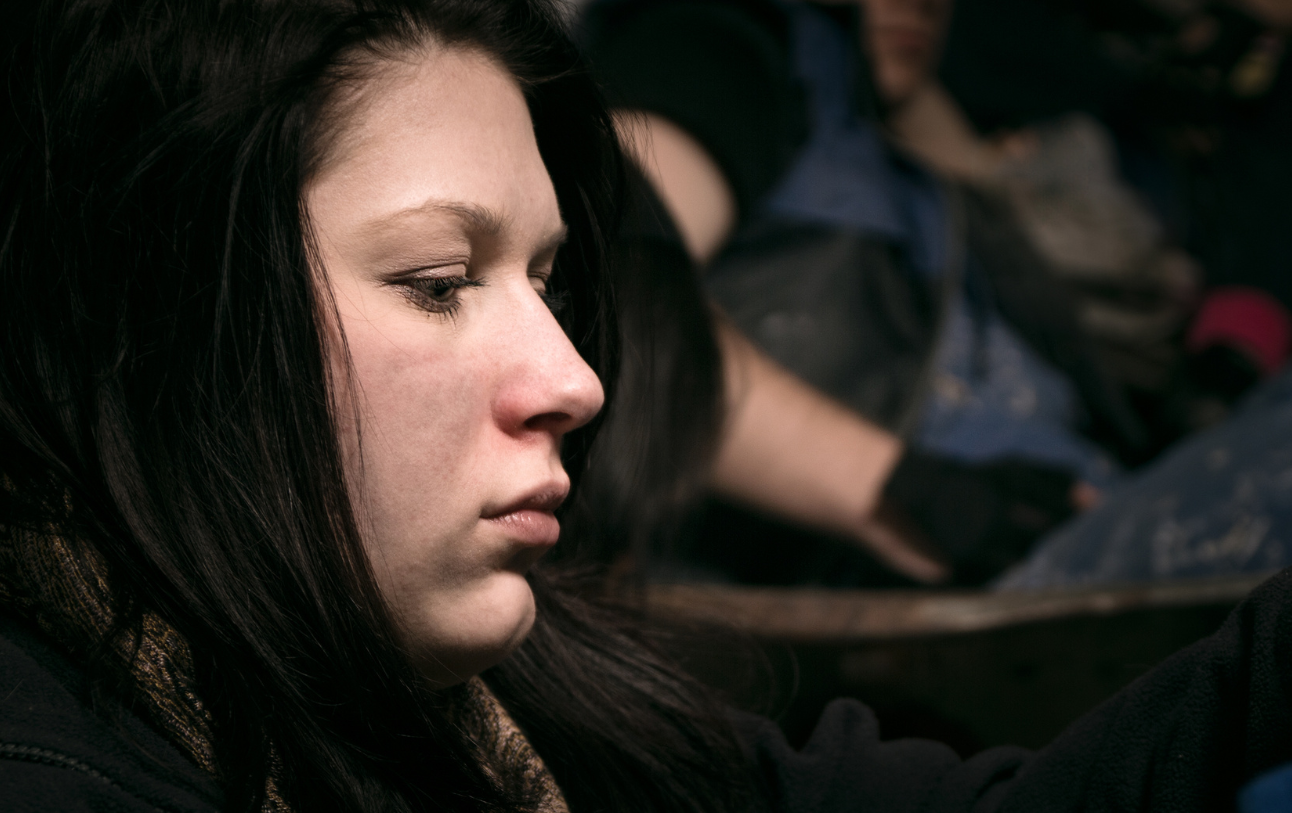
Reflections of a refuge worker on forced marriage, ‘honour’-based abuse and homelessness
Shigufta Khan is CEO of Blackburn, Darwen & District Without Abuse. In this blog, Shigufta reflects on the added barriers families often face when rebuilding their lives after overcoming abuse and homelessness.
When a family arrives in our refuge they have left behind everything: their home, friends, family, jobs, pets, schools…. everything. I often wonder how they can possibly choose the few items they bring in a bag. What they leave behind can be overwhelming, and what they bring with them even more so: fear, guilt, despair, anger, but also hope. Hope that once they do become ‘safe’ and ‘settled’, they can begin to make contact with family and friends. Hope that they will move on from refuge, find a new home and settle into a new community.
Over the years, we have provided refuge for many families fleeing forced marriage and ‘honour’-based abuse. These families often face added barriers to rebuilding their lives after overcoming abuse and homelessness. Some families may always have to manage the threat of violence from family and extended community members (beyond the individuals they ‘know’), which can cause extreme and life-lasting fear and isolation. For example, a South Asian woman fleeing forced marriage may always need to manage these risks by avoiding things like ethnic food shops and local mosques; parts of the local community that could have embraced and provided protection to her and her children.
We recently supported an Eastern European woman and her 8 year old daughter. Anna (the mother) had suffered domestic abuse from her partner for 6 years. When he threatened to take their daughter to Iraq for an arranged marriage, Anna called the Police and a joint decision was made that Anna and her daughter must leave the area. After years of abuse, far from her family and with little command of English, Anna and her daughter faced homelessness.
We supported Anna to get a Non-Molestation Order and a Forced Marriage Protection Order for her daughter. We liaised with her Idva and requested a Marac to Marac transfer, and supported Anna to give a statement to the Police. Finally, we were able to help her resettle in an Eastern European community where she could rebuild support networks.
Our frustration with cases like Anna’s is a lack of understanding from agencies such as Children’s Social Care regarding the severity of the risk that these families continue to face even after they leave. There is an assumption that distance will remove the risk and that once they are in refuge the agencies’ responsibility ends. Sadly, leaving often increases the risk of harm, and distance does not diminish this, especially for those fleeing ‘honour’-based abuse and forced marriage. Without the support of professionals, families and communities, women and children may become overwhelmed by the isolation and return to an abusive household.
What we do to support families facing ongoing abuse and isolation after leaving refuge
Families leaving abusive relationships often suffer from anxiety and depression, and isolation can exacerbate this. Access to programmes where women and children can develop positive relationships is essential and can be achieved through links with peer support groups.
Building new communities
We have developed a domestic abuse programme in Urdu and this has helped women from the South Asian community to build a support network. Their feedback has been that they find the programme addresses their specific cultural needs and issues.
When women access refuge we strongly advise them not to disclose details to people within the community, such as family names and the village that their parents have come from. What we have seen is that women resettling into the community stay in touch with people they have either met via our service or other women from refuge and they form their own community where they support and keep each other safe as a result.
Access to mental health services
Coupling peer support with access to therapeutic programmes and counselling is essential in order to address mental health needs (such as anxiety and depression) as well as isolation.
Training and awareness for professionals and communities
This is essential to ensure that practitioners can spot indicators of risks and know how to respond, even after a family has fled their community. Over the past 2 years, we have regularly attended social groups and community centres to provide awareness raising sessions regarding ‘honour’-based abuse and forced marriage, which are a vital opportunity to impact cultural attitudes and provide insights into the community’s views and concerns.
Victims and survivors of ‘honour’-based abuse and forced marriage need and deserve a chance to rebuild their lives, which include a safe home and community. Professionals and communities must work together to ensure this is possible and to never forget the continued challenges for families as they move towards a ‘settled’ and ‘safe’ life after facing abuse.
You may also be interested in


